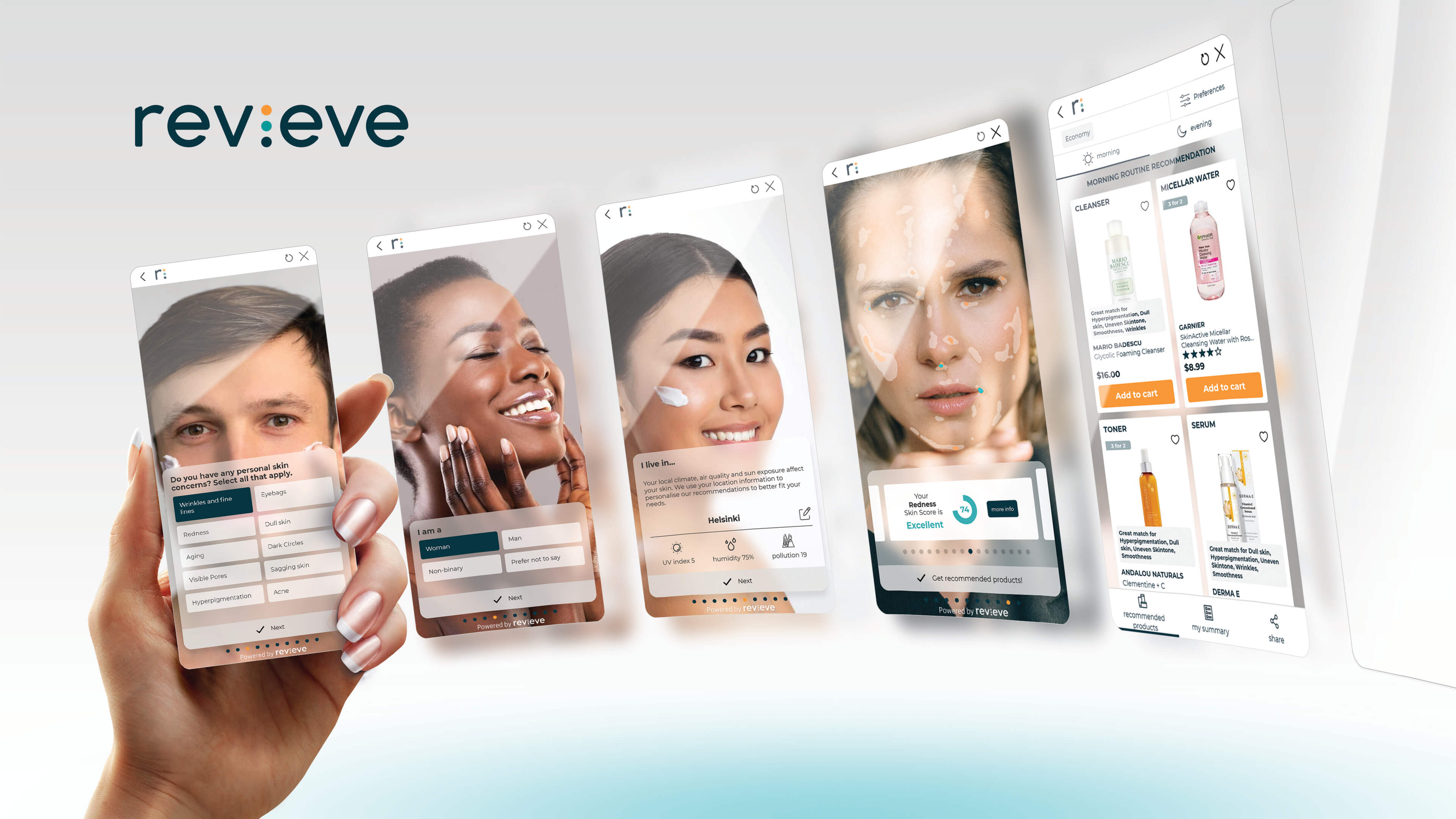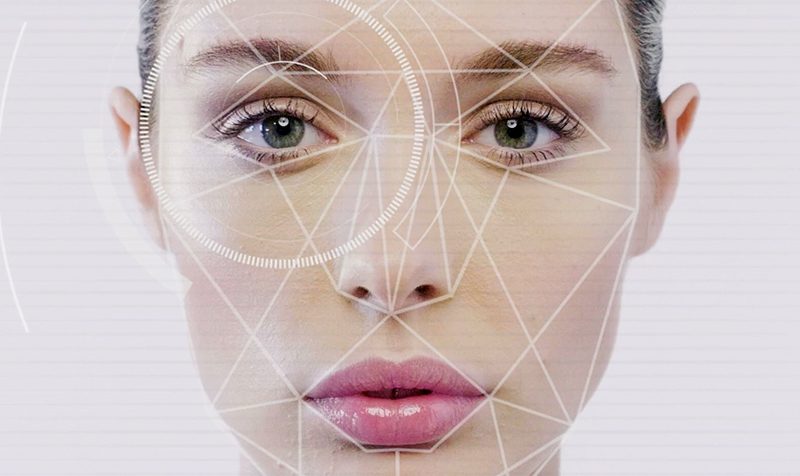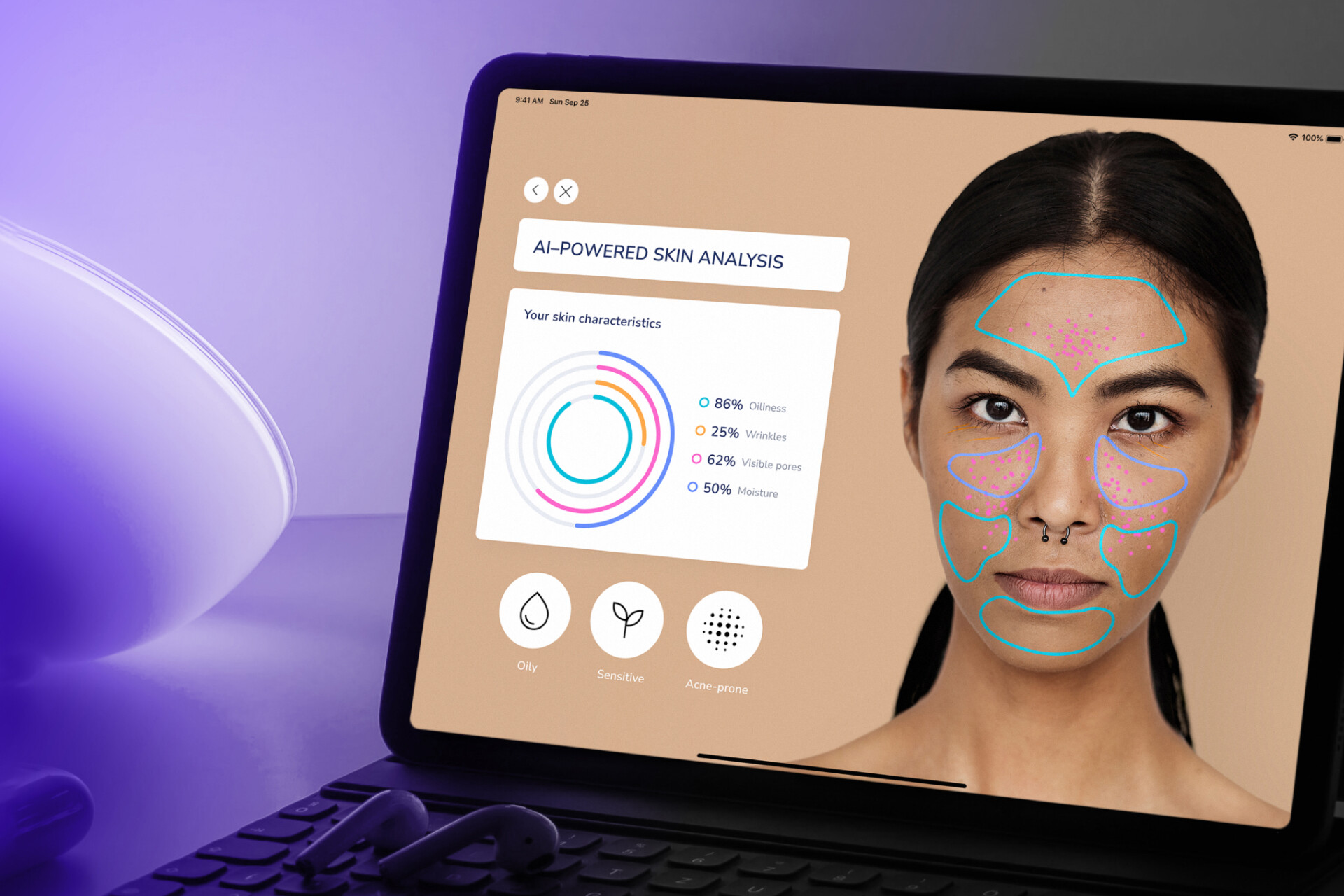Personalization and AI in cosmetics digital marketing are revolutionizing how beauty brands engage consumers by delivering highly tailored experiences, product recommendations, and services at scale. AI enables brands to analyze vast consumer data—from skin condition and preferences to environmental factors—and use this to offer hyper-personalized marketing, virtual try-ons, and predictive analytics that enhance customer satisfaction and conversion rates.
Key ways AI drives personalization in cosmetics digital marketing include:
-
AI-powered product recommendation engines analyze individual skin features, concerns, and preferences to suggest customized skincare and makeup products. For example, tools like Perfect Corp.’s AI Skin Analysis scan facial skin to identify issues such as acne or dryness and recommend suitable products and routines.
-
Virtual try-on experiences use augmented reality (AR) combined with AI to allow customers to digitally test makeup products like foundation, lipstick, and eyeshadow before purchase, increasing confidence and reducing returns. Brands like L’Oréal and Sephora have integrated these tools into their online platforms.
-
Personalized consultations and shade matching leverage AI algorithms to provide tailored advice and precise foundation matches based on skin tone and undertones, improving product fit and customer satisfaction.
-
AI-driven chatbots and virtual assistants offer 24/7 proactive customer support, answering queries, recommending products, and guiding users through personalized beauty routines, enhancing engagement and convenience.
-
Dynamic website personalization and targeted campaigns adapt content, product suggestions, and promotions in real time based on user behavior, purchase history, and skin profiles, boosting relevance and conversion rates.
-
Predictive analytics help brands forecast trends, optimize inventory, and make data-driven marketing decisions by analyzing consumer conversations, environmental data, and behavioral patterns.
-
Integration of environmental and lifestyle data allows AI to tailor product recommendations and formulations dynamically, considering factors like climate, UV exposure, and user preferences, as seen in L’Oréal’s Perso device.
-
In-store AI technologies such as AR mirrors and smart kiosks unify digital and physical experiences by providing personalized skin analysis and product try-ons on-site.
Overall, AI transforms cosmetics digital marketing from generic mass messaging to highly personalized, interactive, and data-driven customer experiences that increase engagement, loyalty, and sales while enabling brands to innovate product development and sustainability.
This shift is supported by major industry players investing heavily in AI technologies, with the global AI in beauty and cosmetics market projected to grow significantly, reflecting the rising importance of personalization powered by AI.





